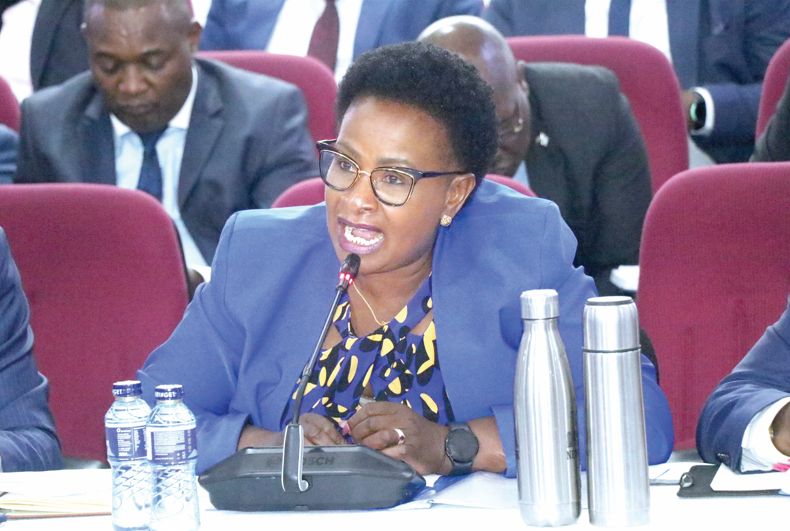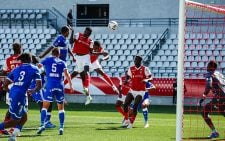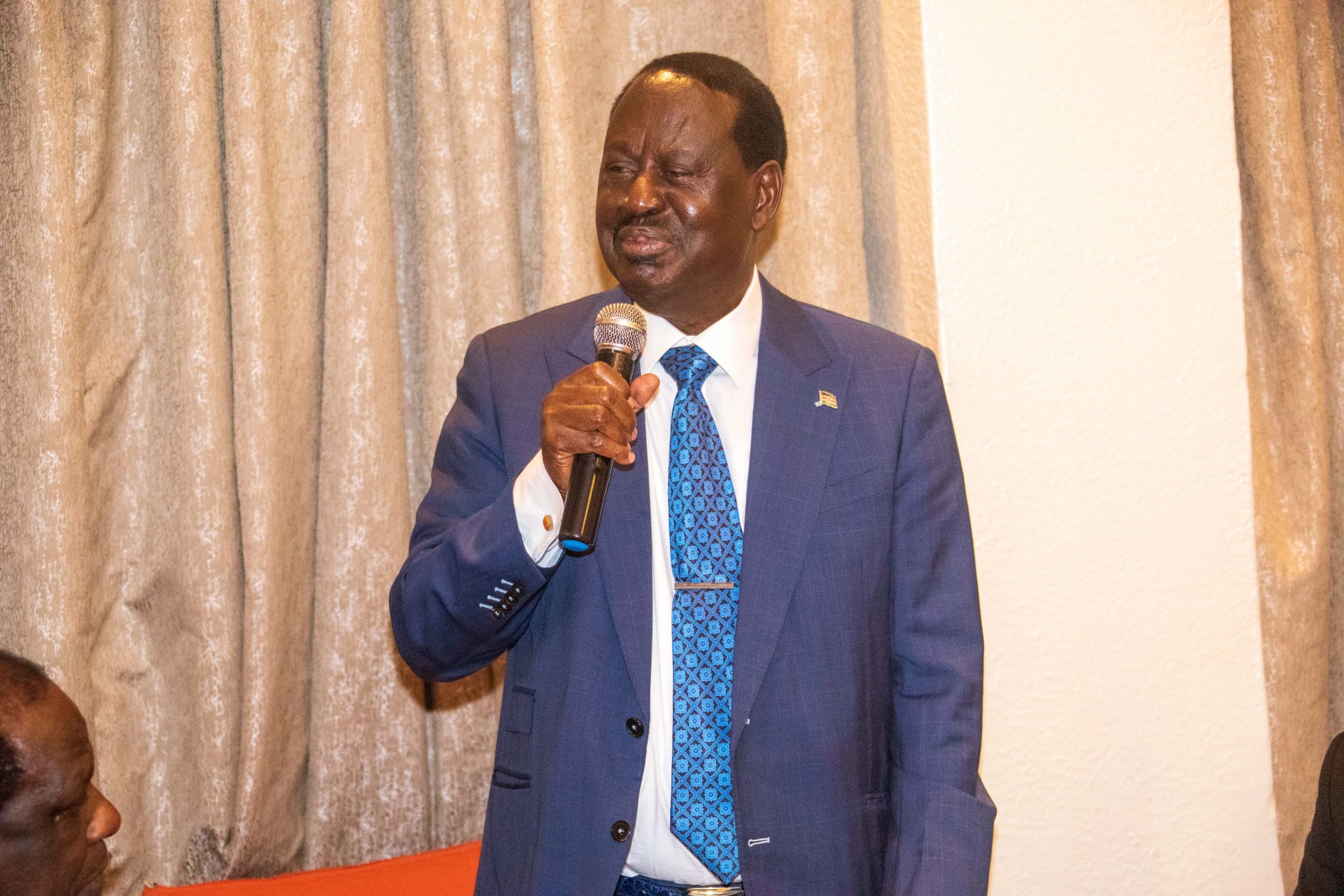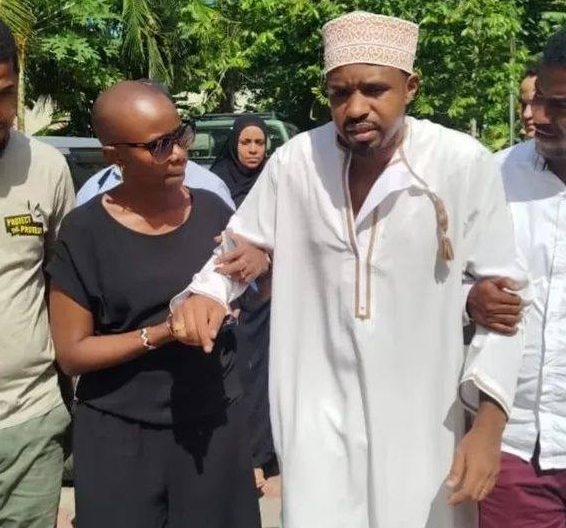Safari Rally to bring Sh7b
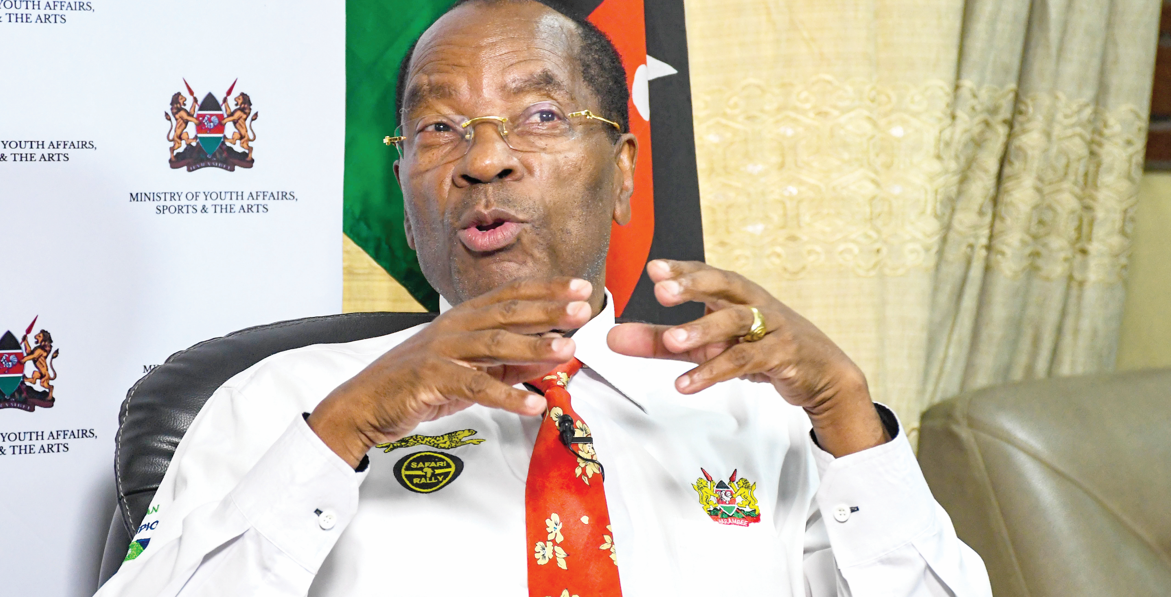
The 2024 WRC Safari Rally event set for Naivasha between March 28 and 31 is expected to pump in Sh 7 billion into the Kenyan Economy.
The event was announced by the event director Jim Kahumbura who said that preparations were in top gear to ensure that the event, regarded as the toughest rally in the world, becomes successful and memorable.
“We have been working behind the scenes for the last three months and we are ready to go. Foreign drivers will come in 10 days before the rally and after the rally they have already planned to visit Maasai Mara and Diani. Remember each team comes with a crew of at least 100 persons, and since three manufacturer teams are coming, that means more than 300 rally personnel will be around not to mention foreign journalists and rally enthusiasts. We expect the event to pump in at least Sh 7 billion into the Kenyan economy,” Kahumbra said.
He added: “The calendar has changed slightly after we requested the FIA promoter to return the Safari Rally to the Easter weekend as it used to be previously and the schools will be closed during these dates, so we expect a huge turnout. Remember Safari Rally is the most watched event in the WRC calendar and everyone will want to witness the occasion. The Monday after the conclusion of the rally will be a public holiday, so this year’s event is very unique.”
Kahumbura also announced a number of itinerary tweaks in the run up to the 2024 edition of the Safari Rally, with the ceremonial start of the iconic event has been moved from Uhuru Park to its traditional Kenyatta International Convention Centre (KICC) venue where over 50 cars will be flagged off.
“The 71st edition of the WRC Safari returns to its traditional Easter holiday dates and it will be a nostalgic gesture to start the event at KICC which has served as the home of the iconic fixture over the years,” Kahumbura explained the change.
Last year’s Safari was flagged off at Uhuru Park in an attempt to accommodate more spectators. Uhuru Park has previously been run as the Safari’s Super Special Stage during the days of the FIA African Rally Championship.
“The cars will be flagged off from KICC on March 28 before heading to Kasarani Stadium for the SSS (Super Special Stage) which will mark the first speed test of the event. We expect more crowds to throng the Kasarani SSS venue given that it will be a free Easter weekend for the fans,” Kahumbura, a former Kenya Group N drivers’ champion said.
Kahumbura noted that this year’s itinerary is more or less similar to what was used in 2021 and 2022 after which the star was moved to Uhuru Park in 2023.
In a bid to manage traffic quagmire in Naivasha, the Event Director also noted that the Safari program will finish at the Hell’s Gate Power Stage. Previously, Hell’s Gate has coincided with the WRC TV live program to award the podium finishers after the Power Stage, with the prize giving proper being held at Kenya Wildlife Service Training Institute (KWSTI) in Naivasha.
“We don’t want a repeat of a scenario where rally cars return back to the service park area for prize giving. This year, everything will culminate at Hell’s Gate and this is a deliberate move to manage the chaotic traffic situation that has been witnessed in Naivasha since the return of WRC status,” said Kahumbuara.
On competitive stages, Kahumbura noted that the organization has changed the Sleeping Warrior by moving its flying finish further ahead whilst the Kedong stage will be run in reverse direction. Kahumbura was speaking during the Sports Ministry’s stakeholder breakfast held at Radisson Blu Hotel in Nairobi.
He added: “Apart from minor changes made to the Sleeping Warrior and Kedong speed tests, the rest of the competitive runs will remain intact. The Wildlife Institute will continue hosting Rally HQs and Service Park. World rally teams have since adjudged Kedong as the toughest stage of Safari given its notorious soft volcanic ash soil terrain (fesh fesh) which has redefined the toughness of the fabled Kenyan round on its return to the global arena. The Safari is the third round of the 2024 World Rally Championships after this month’s Rallye Monte (January 25-28) and Rally Sweden (15-18 February).
Safari Rally event set for Naivasha between March 28 and 31 is expected to pump in Sh 7 billion into the Kenyan Economy.
The event was announced by the event director Jim Kahumbura who said that preparations were in top gear to ensure that the event, regarded as the toughest rally in the world, becomes successful and memorable.
“We have been working behind the scenes for the last three months and we are ready to go. Foreign drivers will come in 10 days before the rally and after the rally they have already planned to visit Maasai Mara and Diani. Remember each team comes with a crew of at least 100 persons, and since three manufacturer teams are coming, that means more than 300 rally personnel will be around not to mention foreign journalists and rally enthusiasts. We expect the event to pump in at least Sh 7 billion into the Kenyan economy,” Kahumbra said.
He added: “The calendar has changed slightly after we requested the FIA promoter to return the Safari Rally to the Easter weekend as it used to be previously and the schools will be closed during these dates, so we expect a huge turnout. Remember Safari Rally is the most watched event in the WRC calendar and everyone will want to witness the occasion. The Monday after the conclusion of the rally will be a public holiday, so this year’s event is very unique.”
Kahumbura also announced a number of itinerary tweaks in the run up to the 2024 edition of the Safari Rally, with the ceremonial start of the iconic event has been moved from Uhuru Park to its traditional Kenyatta International Convention Centre (KICC) venue where over 50 cars will be flagged off.
“The 71st edition of the WRC Safari returns to its traditional Easter holiday dates and it will be a nostalgic gesture to start the event at KICC which has served as the home of the iconic fixture over the years,” Kahumbura explained the change.
Last year’s Safari was flagged off at Uhuru Park in an attempt to accommodate more spectators. Uhuru Park has previously been run as the Safari’s Super Special Stage during the days of the FIA African Rally Championship.
“The cars will be flagged off from KICC on March 28 before heading to Kasarani Stadium for the SSS (Super Special Stage) which will mark the first speed test of the event. We expect more crowds to throng the Kasarani SSS venue given that it will be a free Easter weekend for the fans,” Kahumbura, a former Kenya Group N drivers’ champion said.
Kahumbura noted that this year’s itinerary is more or less similar to what was used in 2021 and 2022 after which the star was moved to Uhuru Park in 2023.
In a bid to manage traffic quagmire in Naivasha, the Event Director also noted that the Safari program will finish at the Hell’s Gate Power Stage. Previously, Hell’s Gate has coincided with the WRC TV live program to award the podium finishers after the Power Stage, with the prize giving proper being held at Kenya Wildlife Service Training Institute (KWSTI) in Naivasha.
“We don’t want a repeat of a scenario where rally cars return back to the service park area for prize giving. This year, everything will culminate at Hell’s Gate and this is a deliberate move to manage the chaotic traffic situation that has been witnessed in Naivasha since the return of WRC status,” said Kahumbuara.
On competitive stages, Kahumbura noted that the organization has changed the Sleeping Warrior by moving its flying finish further ahead whilst the Kedong stage will be run in reverse direction. Kahumbura was speaking during the Sports Ministry’s stakeholder breakfast held at Radisson Blu Hotel in Nairobi.
He added: “Apart from minor changes made to the Sleeping Warrior and Kedong speed tests, the rest of the competitive runs will remain intact. The Wildlife Institute will continue hosting Rally HQs and Service Park. World rally teams have since adjudged Kedong as the toughest stage of Safari given its notorious soft volcanic ash soil terrain (fesh fesh) which has redefined the toughness of the fabled Kenyan round on its return to the global arena. The Safari is the third round of the 2024 World Rally Championships after this month’s Rallye Monte (January 25-28) and Rally Sweden (15-18 February).

